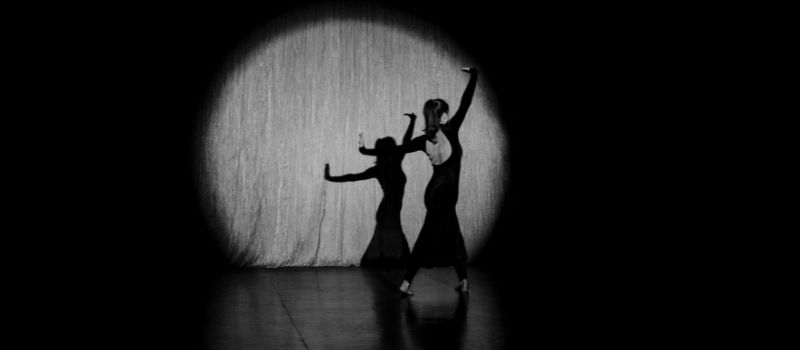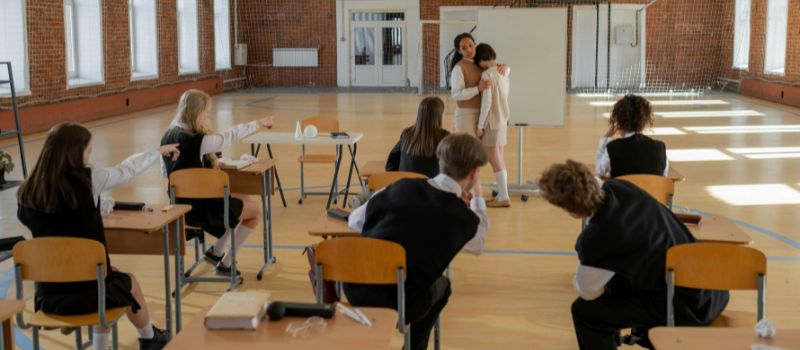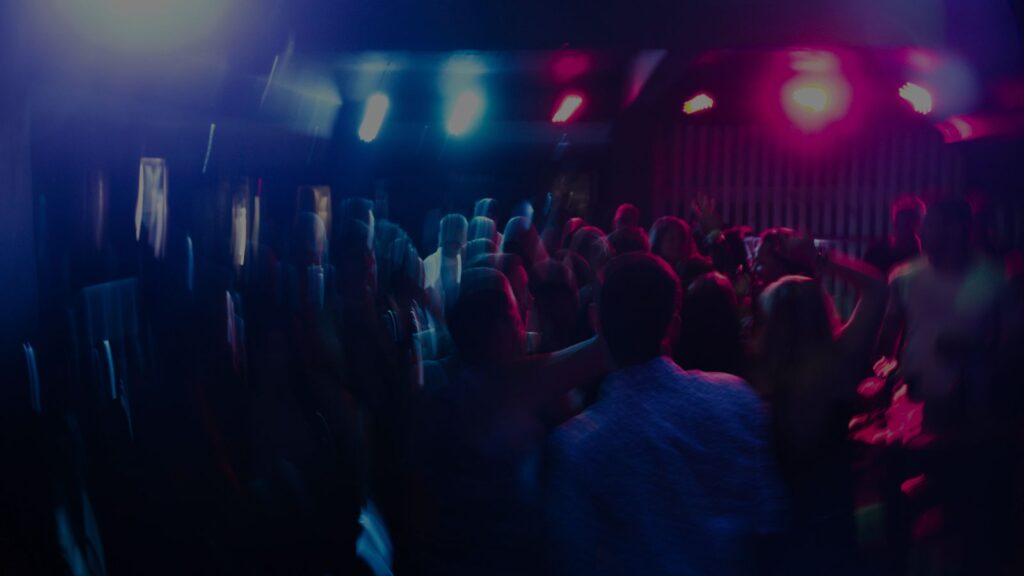Overview and Purpose of the Law
Is there a link between violence against women and strip clubs? Is it fair? Is it penalizing? Who pays? How much will a club have to pay? Is it an official sales tax enforced by the Illinois Department of Revenue?
These are all questions taken into consideration by the Governor of Illinois when he signed the new strip club tax into law in Chicago, Illinois.
Implementation and Details of the Tax

Effective Date and Payment Options
The law takes effect Jan. 1, 2013, and it will place an annual surcharge on strip clubs that have live nude dancing and permit alcohol.
Club owners could:
- Pay $3 per customer
OR - Pay a graduated amount based on their sales
Use of Funds
The revenues will go to a special fund devoted to preventing sexual violence and counseling its victims.
Policy Impact and Industry Response
Funding Sexual Assault Programs
Strip clubs in Illinois will have to remit a share of their revenues, starting in 2013, to help fund programs to prevent sexual assault. The new tax on the clubs will raise funds, helping to reverse several years of funding cuts for rape crisis centers.
Debate and Public Opinion
The law has also incited debate over:
- How strong of a link can be drawn between strip clubs and violent crime
- Whether those businesses should pay out to fight the problems
Illinois rape crisis centers lost 25% of their state funding over the last four years as the government grapples with mounting debts.
Many lawmakers agree that they need to fund sexual assault prevention and critical services for rape victims.
Club owners argued it was unfair to link their businesses with crime and violence, but one said Saturday that the measure signed into law was a reasonable compromise.
From a public policy standpoint, it seems as though there are at least a handful of people that acknowledge the dangers associated with strip clubs and violence against women—or at least the employees that work at such establishments.
Related Legislation Signed
The new tax was one of three laws Governor Quinn signed Saturday to provide greater protection for women against sexual assault and domestic violence.
1. High School Awareness Course

One of the other laws aims to bring a voluntary course to high schools across the state. The course is designed to increase awareness of:
- Domestic violence
- Sexual assault
- Date rape
- Bullying
- Suicide
The course has already been offered in a pilot program at two schools.
2. Prosecutorial Support in Murder Cases
The third law allows prosecutors to use prior domestic violence offenses to support their arguments in first- and second-degree murder cases involving domestic violence.
Statement from Governor Quinn
“Violence against women has occurred in small towns, urban neighborhoods and college campuses,” Quinn said.
“These new laws will help us hold the predators accountable as well as prevent behavior which can lead to sexual assaults.”
Consult a sales tax attorney in Chicago for more information:
📞 (888) 577-1482
Frequently Asked Questions
What is the purpose of the Illinois strip club tax?
The Illinois strip club tax aims to generate funds to support programs that prevent sexual violence and provide counseling to its victims. The law was designed as a policy response to address funding gaps for sexual assault prevention services after years of budget cuts.
How is the strip club tax calculated?
Strip club owners have two options for paying the tax: either a flat fee of $3 per customer or a graduated fee based on the club’s overall sales. This flexibility allows clubs to choose the method that best aligns with their business model.
Where does the money collected from the strip club tax go?
The revenue from this tax is allocated to a dedicated state fund that supports sexual violence prevention efforts and victim counseling services. This fund aims to replenish resources that were significantly reduced due to previous state budget constraints.
Why is there controversy surrounding this law?
The controversy stems from differing opinions on whether it is fair to link strip clubs to violent crimes against women. While some lawmakers argue that these establishments contribute to environments that enable violence, many club owners contend that it is unjust to hold them financially accountable for broader societal issues.
Is this tax considered an official sales tax enforced by the state?
Yes, this surcharge is officially enforced by the Illinois Department of Revenue. It functions as a state-mandated fee, with compliance required from any strip club in Illinois that allows live nude dancing and serves alcohol.

